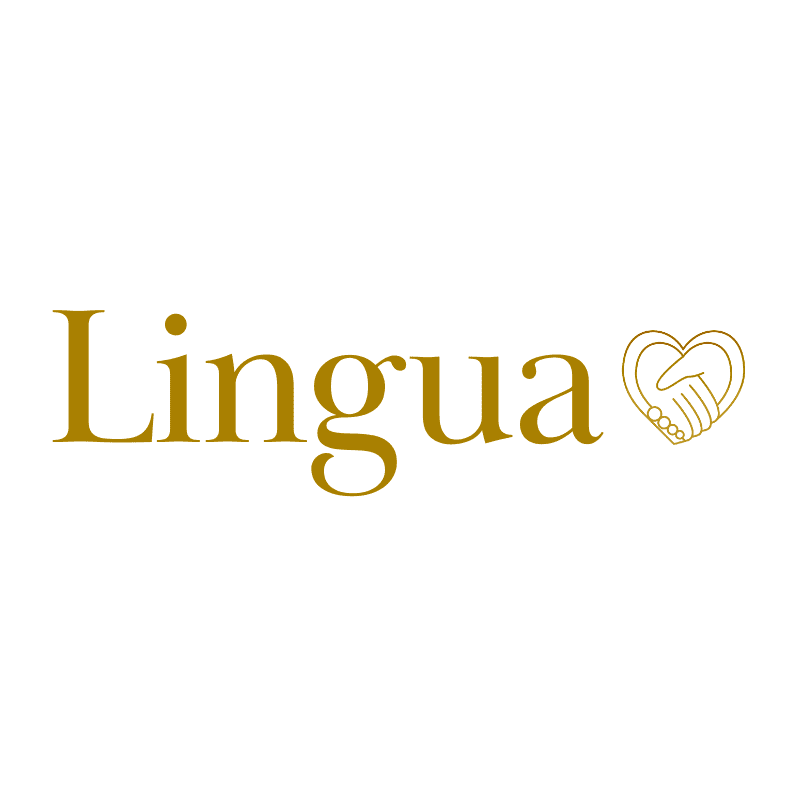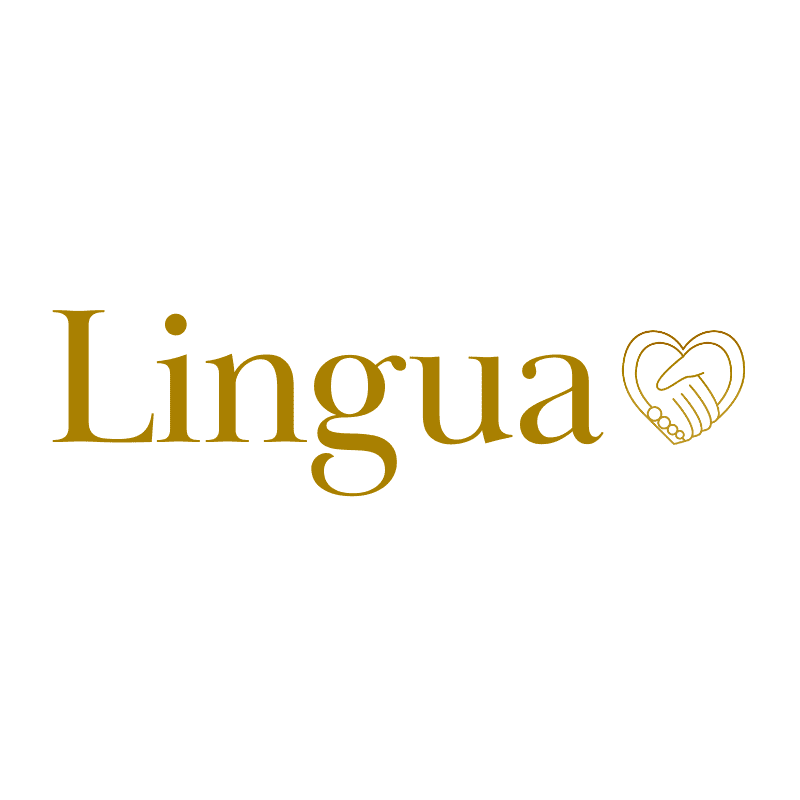Language Risk in Law:
Why Accuracy Isn’t Optional
Legal content isn’t just high-stakes—it’s high-risk. And when language is involved, the margin for error disappears.
Whether you’re handling a cross-border dispute, filing international contracts, or managing immigration cases, your language strategy can either protect your position—or undermine it.
Here’s what legal professionals need to know about sworn translation, and why it’s not just a box to tick.
🔖 What Is Sworn Translation?
A sworn translation is a legally recognised version of a document, produced by a translator authorised by a court or government body. It carries the same legal validity as the original and is typically accompanied by a signed declaration of accuracy, stamp, or certificate.
Sworn translators are not just linguists—they are vetted experts trained in legal equivalency.
🌎 Why Sworn Translation Matters
Cross-border litigation: Only sworn translations are accepted as evidence in many jurisdictions
Immigration & asylum: Identity documents, affidavits, and supporting evidence must be sworn
M&A and commercial deals: Financial disclosures and agreements often require jurisdiction-specific validation
Regulatory filings: Government agencies frequently reject documents without proper certification
🔧
Jurisdictional Nuance: The Stakes of “Sworn” vs. “Certified”
- In civil-law jurisdictions (France, Spain, Germany, Italy, etc.), only translators officially authorised (via court exam or ministry registry) can produce sworn translations recognised for legal, administrative, or international purposes. The result must include their stamp, oath statement, and signature.
- In South Africa, sworn translators must be High Court–authorised, take a formal oath, and secure a registration number. For documents used abroad, the translation must be legalised through High Court processes and often apostilled or authenticated via DIRCO.
- In common-law, English-speaking countries (USA, UK, Canada, Australia), the standard is certified translation – a signed statement from a competent translator verifying accuracy, often accepted in court and by immigration authorities.
Getting this wrong can mean delays, rejections, or worse—case collapse.
🚨 What Can Go Wrong
Case dismissed due to invalid or uncertified translation
Fines from non-compliance with filing standards
Misinterpretation of key terms, undermining legal intent
Breach of confidentiality through unvetted translators
👥 How Lingua Helps Law Firms
We partner with legal professionals to ensure every word holds up under scrutiny:
✅ Sworn translations for contracts, court docs, immigration, and more
✅ Jurisdiction-ready formatting, stamping, and notarisation
✅ 24–48h delivery for urgent cases
✅ Confidentiality guaranteed with secure handling protocols
✅ Expert linguists with legal training and domain-specific knowledge
Need Sworn Translation Done Fast – and Done Right?
Don’t risk delays or rejections. Let’s make sure your legal content meets every requirement, in every jurisdiction.
📧 Book a sworn legal translation or request a consultation:
consulting@lingua.ink
#LegalTranslation #SwornTranslation #LanguageRisk #CrossBorderLaw #Compliance #LitigationSupport #CertifiedTranslation #LinguaReport

